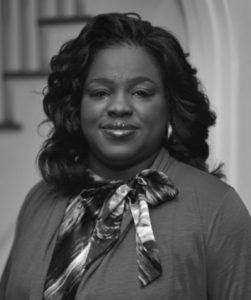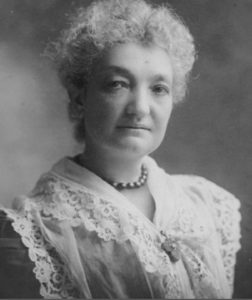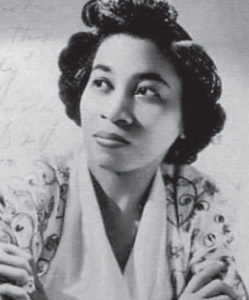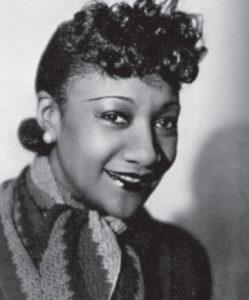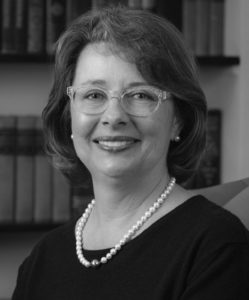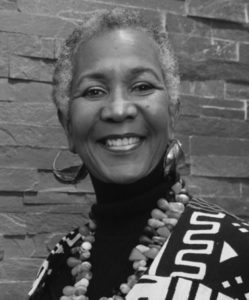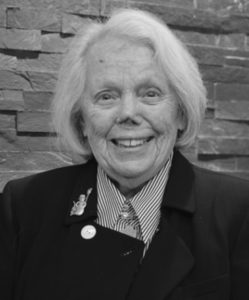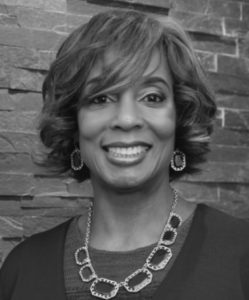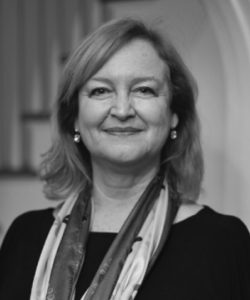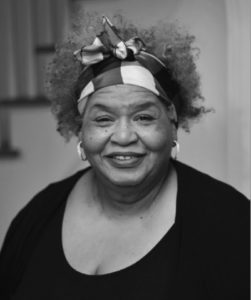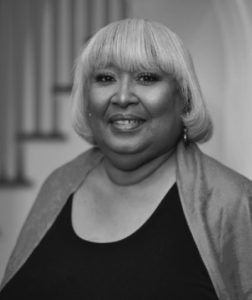WOMEN OF ACHIEVEMENT
2017
INITIATIVE
for a woman who seized the
opportunity to use her talents and created her own future:
Kamekio Lewis
Intimate partner violence is a phrase social services and law enforcement use to talk about the abuse perpetrated in marriage or “romantic relationships.” More often it’s covered by the phrase domestic violence.
Yet most victims of that violence do not think of themselves as victims or as having anything to do with domestic or intimate partner violence. They are just coping with a volatile or difficult or chaotic boyfriend, husband, girlfriend or partner.
Kamekio Lewis survived a two-year abusive relationship, moved to Memphis and then realized as she saw news reports that she in fact was a survivor of domestic violence.
She says, “I never knew the word domestic violence before. I left a violent relationship and didn’t want to talk about it again. Here, I saw it on TV and happening in Memphis and I saw I needed to tell my story.”
Kamekio has published a book – “Looking4Love…In All the Wrong Places”– and written and produced a play based on her experience. And she is taking the initiative to develop services for women who have been damaged by vicious relationships and require housing, shelter, clothes and employment to recover and renew their lives.
Kamekio grew up in Camden, Ark., in a low income household where she became the first generation college student. She joined the Army because she wanted to do more, see more and be more.
She served for about 8 years and was based in Kansas when she experienced violence with a boyfriend. She moved to Memphis 12 years ago to be closer to family, intending to just not think or talk about the abuse.
But she seemed to hear about domestic violence all around Memphis. She says, “I saw the opportunity for me to share my story. There is a great need in the community. Women are broken. Many are dealing with depression and PTSD and I want to help them set goals for themselves. Once you set personal and professional goals and empower us as women, we are ready to leave. I want to empower women and give them the tools they need to transition out.”
Trained as a certified rehabilitation counselor, Kamekio launched A New Day Rehabilitation and Counseling Services, a non-profit agency. She volunteered with clients of Agape Child & Family Services in Hickory Hill Community Center and Autumn Ridge Complex – helping with homework, job readiness and financial aid information.
Her nominator, Bettye Boone, with the National Coalition of 100 Black Women Memphis Chapter, says, “Ms. Lewis has gone beyond simply providing referrals to other places for women in transition and/or trying to leave domestic violence relationships. She literally takes the next steps with them and gets others involved with her and her organization to help the women out.”
For example, a few years ago a couple with four school age children were living in their car. Someone directed them to Kamekio who paid for a hotel room for the family and then called on the Coalition and some other groups to assist as well. She helped the parents get work and to continue to live at the hotel for several months until they were back on their feet.
Knowing how crucial housing is to women and families in transition, Kamekio is striving to renovate and open a shelter in a house that was donated to her organization. Share Life Community Network is her program that is seeking partnerships and sponsors to repair the house, operate a clothes closet, offer resume coaching and career planning.
Kamekio is raising three sons and working full time providing job readiness training and job placement services at Case Management Inc., one of the largest mental health facilities in West Tennessee.
Yet her passion to help others succeed is demonstrated through her countless volunteer hours and outreach ministries. Kamekio Lewis’s initiative is bringing solace and encouragement to women beaten down by physical and emotional abuse, offering hope and a brighter future to them and their children.


